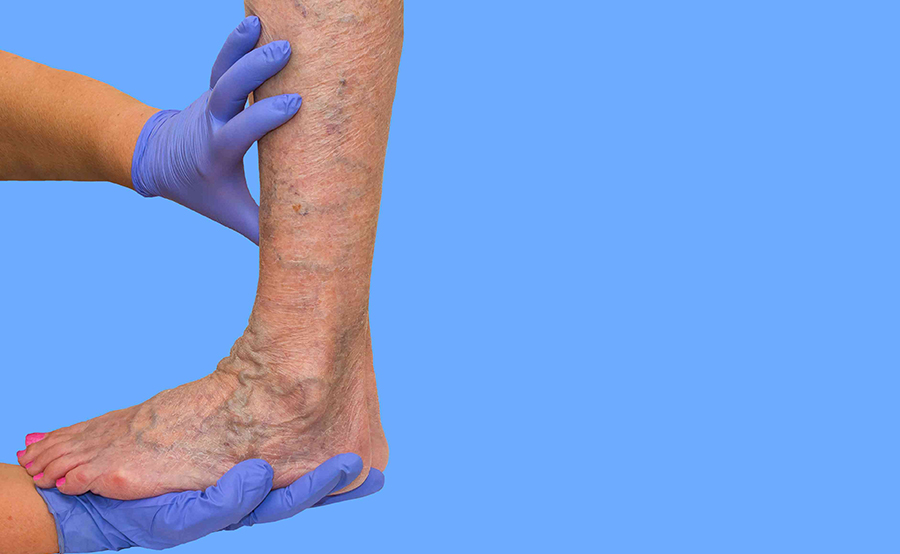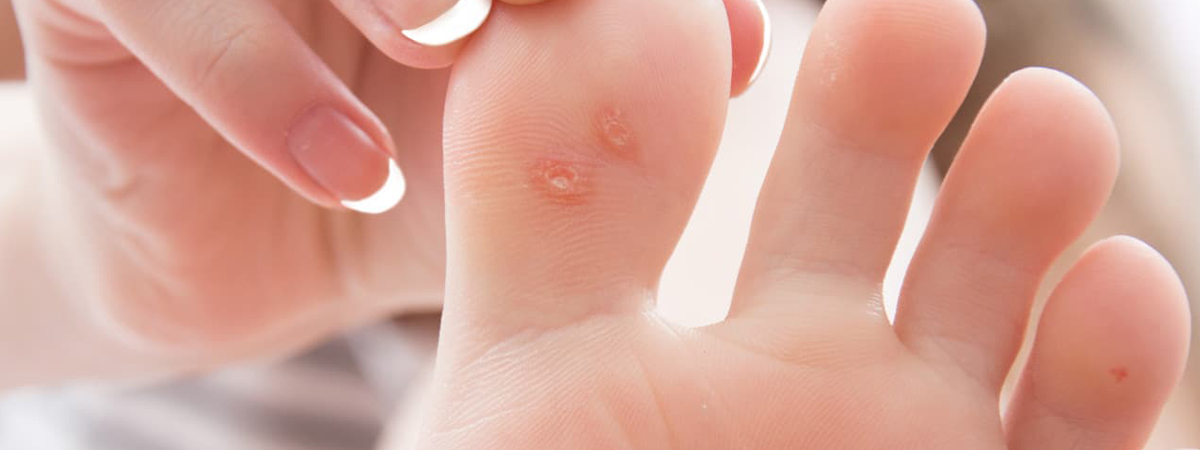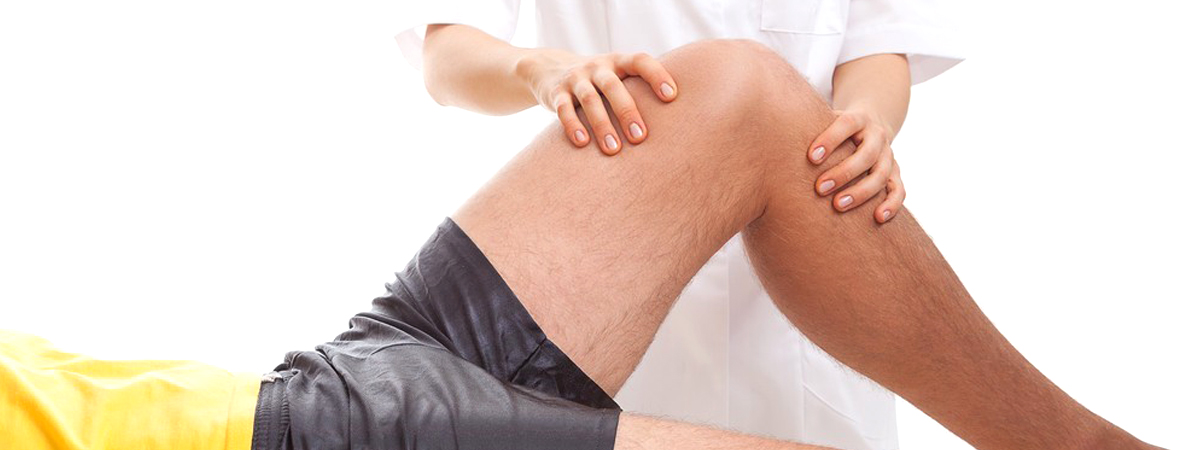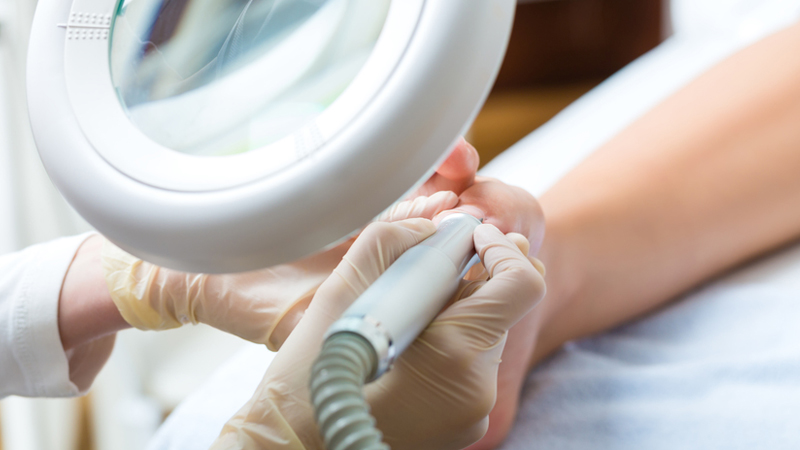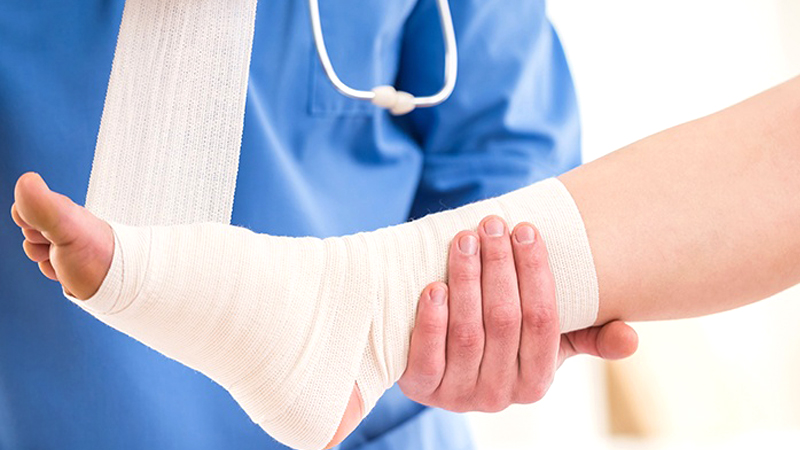We tend to forget how important it is
to keep our feet healthy. In fact, some of us have deformities in the feet that
usually go unnoticed because they don’t bother us greatly. However, when the
parents are the ones who notice any deformity or problem in the feet of their
children, feelings like confusion, anxiety, concern and sadness may appear.
The term “foot deformity”
includes a wide range of conditions that may affect the bones, tendons and
muscles in the feet, some of them are more common than others. Some examples in
children are ingrown toenails, flatfoot (pes planus), pes cavus foot, clubfoot
deformity, tarsal coalition, curly toes, hammertoes, accessory navicular,
juvenile bunion, accessory digits, ankle sprains, musculoskeletal disorders, and
connective tissue diseases.
In this article we give you a brief
description of the most common ones.
- Ingrown
toenails: As its name says, it is an aberrant growth of a toenail deeply into
the nail margin and surrounding tissues. This problem is more common that we
think in children.
- Flatfoot:
This condition refers to the flattening of the medial arch of the foot. It can
be an isolated pathology, or it can be part of a syndrome or another systemic
disorder, like ligamentous laxity, collagen disorders, neurologic abnormalities
and genetic conditions.
- Pes Cavus: It
is defined as an exaggeration of the normal arch of the foot. It can be related
to neurological disorders like the Charcot-Marie Tooth disease, leg length
discrepancy and clubfoot deformity.
- Clubfoot: It
is a deformity characterized by an abnormal foot turning inwards and downwards,
and is smaller in size. The Achilles tendon is tight, pulling up the heel and
generating an inability to prevent the foot from being able to stay flat on the
ground.
An early diagnosis is crucial to
achieve the best solution. Nowadays, there are many treatments available for
all the foot deformities mentioned above, so your children might receive either
medical or surgical treatments options which is patient dependent.
There are other options for treatment,
such as orthotics, prescriptions, braces and shoes. All those treatment options
preserve the integrity of the growth plate to guarantee the normal growth and
the development of all the child’s foot structures.
So, if you need a pediatric podiatrist do not look any further. Every day, I deal with many common pediatric foot deformities and, as a parent, I can put myself in your place, I understand all your concerns and sympathize with the children, so I can offer the best treatment for your kid.
Call us at 407-913-3965 to schedule an appointment today!

